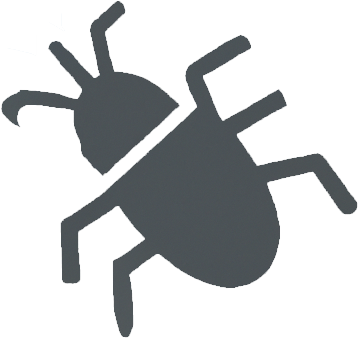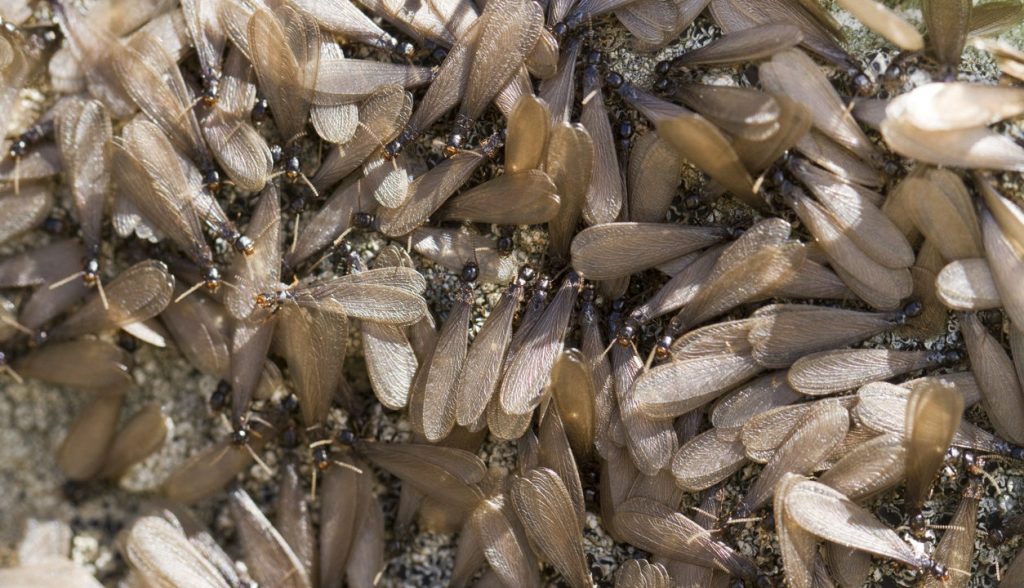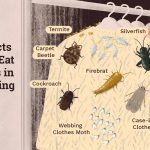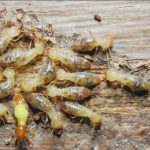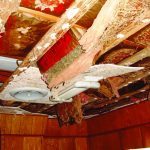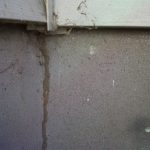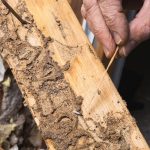Termites Long Island is your source for pest management and prevention services. Our experienced team of professionals is dedicated to keeping your home safe from termite and other pest infestations. We offer a variety of services, from inspections and treatments to preventative measures that can help you protect your home for the long term. Learn more about our services and how we can help you protect your home from termite and other pest infestations.
Types of Termites
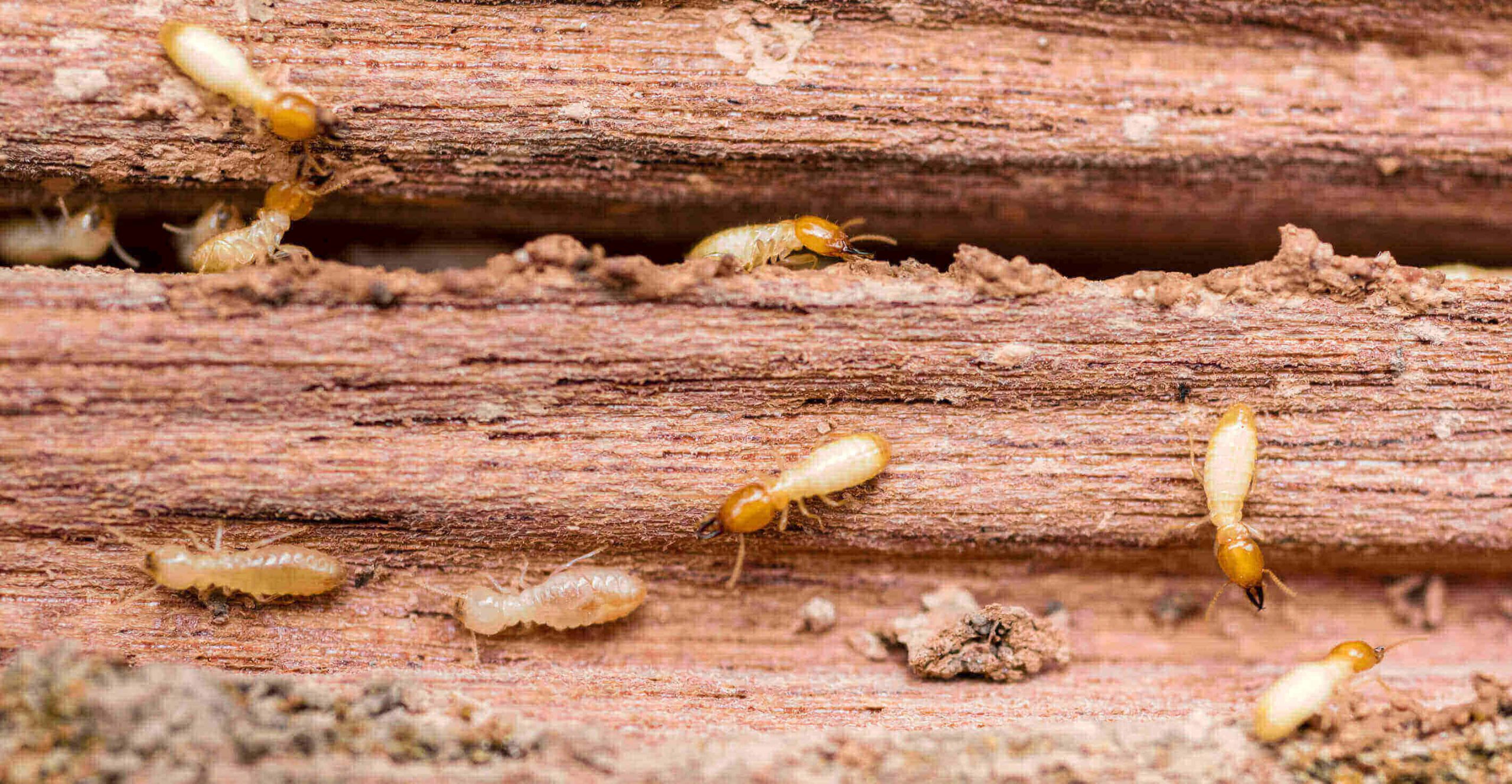
Subterranean Termites
Subterranean termites are the most commonly found species in Long Island. They live in underground colonies and travel through mud tunnels to find food. They feed on cellulose-based materials such as wood and paper.
Drywood Termites
Drywood termites are found mainly in parts of Long Island with warm and humid climates. They live in small colonies and feed on wood, furniture, and other cellulose-based materials. They are more difficult to detect than subterranean termites because they do not require moisture to survive.
Formosan Termites
Formosan termites are the most destructive species of termite in Long Island. They are native to Southeast Asia but have been introduced to Long Island in recent years. They live in large colonies and can cause extensive damage to buildings and other structures in a short amount of time.
Identifying Termites on Long Island
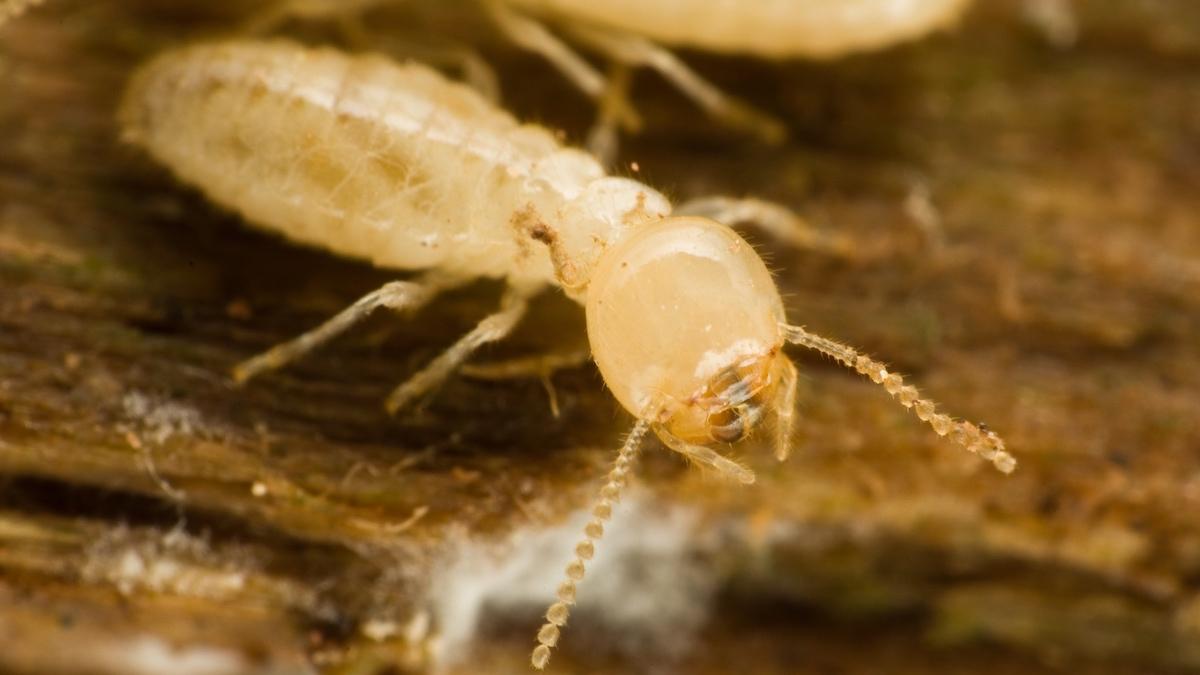
Signs of an Infestation
Termites can be difficult to identify, but there are certain signs that can indicate an infestation. These signs include the presence of dead termites, termite wings and discarded wings, mud tubes along walls and foundations, and wood that has been damaged by termites.
Damage Caused by Termites
Termites can cause significant structural damage to homes and other buildings if left unchecked. They feed on wood and other cellulose-based materials, leaving behind weakened and hollowed-out wood. This can cause floors, walls, and ceilings to become unstable, and can eventually lead to the collapse of the entire structure.
Treatment of Termites on Long Island
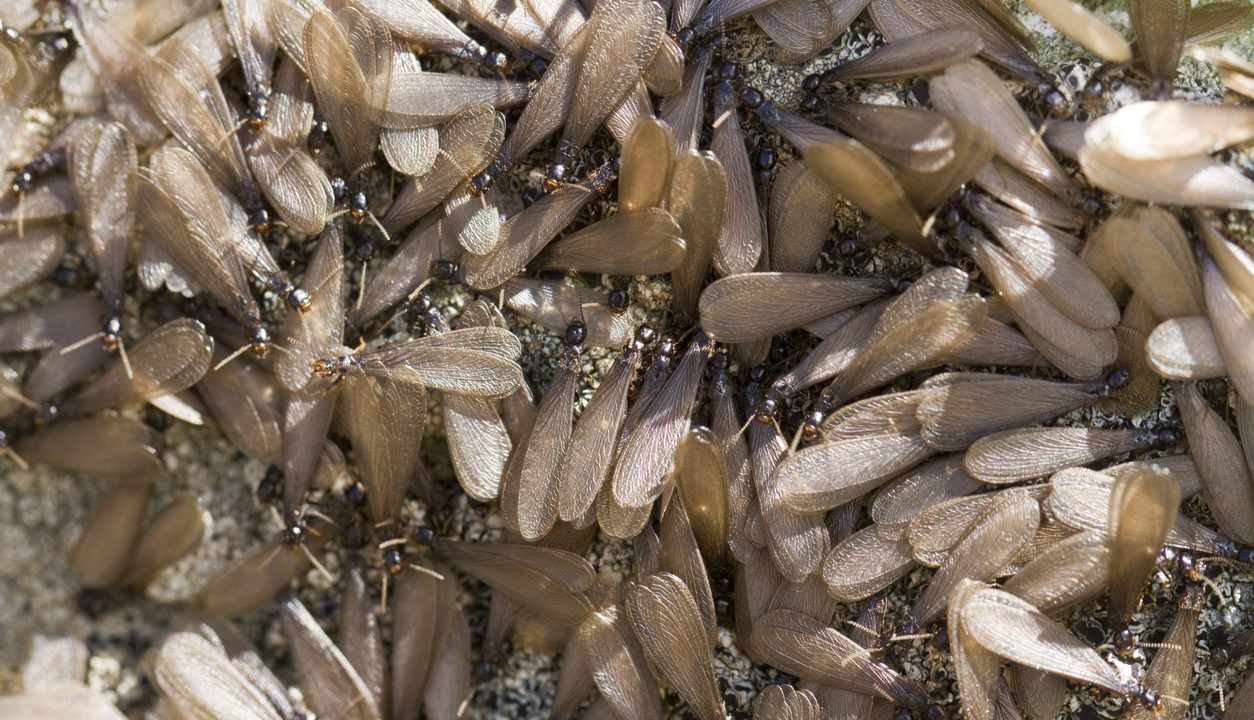
1. Termite Treatments
Termite treatments on Long Island are designed to eradicate existing colonies and prevent future infestations. Treatment options include chemical treatments, baits, physical barriers, and heat treatments. Each method has its own advantages and drawbacks, so it is best to consult with a professional for the best solution for your home. Chemical treatments are the most common and effective form of termite treatment, and can be tailored to fit the particular needs of the property. Baits are an alternative to chemical treatments, and can be used to target specific colonies or areas. Physical barriers are another option, and can be used to create a barrier between the soil and the wood in the structure, preventing termites from accessing the wood. Heat treatments can also be used to fumigate a structure, killing both visible and hidden colonies.
2 Termite Prevention
| Method | Description |
|---|---|
| Chemical Barrier | In this method, a chemical barrier is applied to the soil around the foundation of the building. This creates a barrier that termites cannot cross. |
| Baiting System | In this method, bait stations are set up around the building. These stations contain a bait that is attractive to termites. When the termites feed on the bait, it kills them. |
Resources for Termites on Long Island
Termites can cause significant damage to homes and other structures on Long Island. To prevent and manage a termite infestation, understanding the resources available to Long Island residents is key.
The New York State Department of Environmental Conservation (DEC) provides a comprehensive guide to termite identification and control, as well as information about the species of termite that are most likely to be encountered in Long Island. The DEC also provides information about the most effective treatment options for termite infestations.
Homeowners can also contact their county Cooperative Extension Service for additional resources. These services provide information about pest control and management options, as well as access to experts who can provide advice on how to best protect a home from termite damage.
The Long Island Pest Management Association (LIPMA) is another valuable resource for homeowners looking for information about termite control. LIPMA offers a wide range of educational materials and outreach programs to help homeowners identify and manage termite infestations.
Finally, homeowners should be aware that there are a number of pest control companies that specialize in termite control on Long Island. These companies offer inspection and treatment services to homeowners and can provide advice on how to best protect a home from termite damage.
Frequently Asked Questions
What are the signs of termite infestations on Long Island?
Signs of termite infestations on Long Island include mud tubes (sheathes) near the foundation walls, damaged wood, and the presence of swarms of small, uniformly shaped, pale-colored insects. Other signs can include wood that sounds hollow when tapped and/or bubbling paint or sagging floors. Homeowners should keep an eye out for these signs and contact a pest control professional if they suspect a termite infestation.
How can I protect my home from termite infestations on Long Island?
To protect your home from termite infestations on Long Island, you should inspect your home regularly and seal any cracks or crevices that could be entry points for termites. Keep firewood, lumber and other cellulose materials away from your home, as these can be a source of food for termites. Make sure any trees and shrubs near your home are well maintained and pruned to reduce the chances of an infestation. Additionally, have a professional pest inspection done for your home. If an infestation is found, contact an experienced pest control professional to treat the issue.
What is the most effective way to get rid of termites in Long Island?
The most effective way to get rid of termites in Long Island is to hire a professional exterminator. Professional exterminators have the experience and knowledge to identify the termite species and use the appropriate treatments to effectively eliminate the infestation. They use a variety of methods to treat the infestation, including liquid treatments, foam treatments, baiting systems, and heat treatments. After the initial treatment, the exterminator will inspect the property to ensure the termites are gone and recommend further treatments if needed.
What is the best way to prevent termites from invading my Long Island home?
The best way to prevent termites from invading your Long Island home is to ensure that your home is well-maintained and regularly inspected for potential termite activity. Additionally, it is important to keep trees, shrubs, and wood mulch away from the foundation of your home, and keep any exposed wood on your property sealed or painted. Regularly check for signs of termite activity, such as mud tubes, discarded wings, or other evidence of termite activity, and contact a professional pest control company if you suspect termites in your home.
What are the different species of termites that are common on Long Island?
Long Island is home to several species of termites. The most common are Eastern Subterranean Termites, Drywood Termites, Dampwood Termites, and Formosan Termites. Eastern Subterranean Termites are found in the ground and feed on wood, paper, and other cellulose materials. Drywood Termites live in dry wood and don’t require contact with soil. Dampwood Termites live in damp, decaying wood and can cause extensive damage. Formosan Termites are aggressive and can cause extensive damage.
Conclusion
Termites Long Island can cause extensive damage to homes and structures. To prevent termite infestations, it is important to inspect your home regularly and take steps to prevent them from entering. If you suspect an infestation, it is best to contact a professional pest control company to take care of the problem. Taking preventive measures can help protect your home and property from termite damage.
